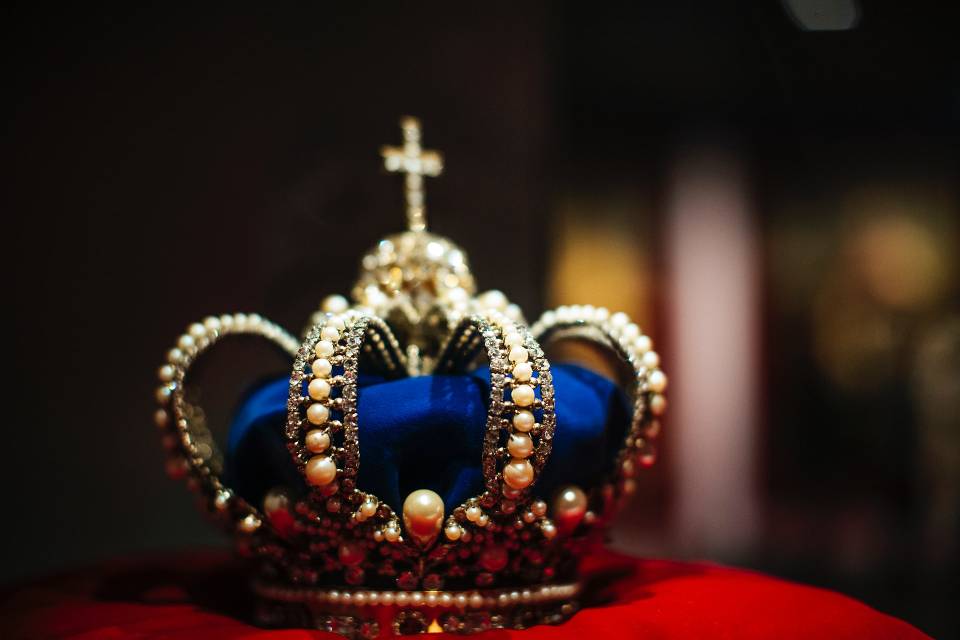 Photo by Markus Spiske on Unsplash
Photo by Markus Spiske on Unsplash
Kingship
“Canst thou, O partial sleep, give thy repose
To the wet sea-boy in an hour so rude;
And in the calmest and most stillest night,
With all appliances and means to boot,
Deny it to a king? Then, happy low, lie down!
Uneasy lies the head that wears a crown.”
― William Shakespeare, Henry IV, Part 2
Queen Elizabeth II was the longest-serving monarch of the United Kingdom when she died at 96. Her reign of 70 years was the longest of any British monarch and the longest reign of any female monarch in history.
Upon King Charles’ succession to the throne, he inherited the role of the monarch of fifteen Commonwealth realms which evolved out of the British Empire into fully independent states within the Commonwealth of Nations. All these fifteen realms are constitutional monarchies and full democracies, where the king has limited powers or a largely ceremonial role.
The monarchies in the United Kingdom, similar to Japan, Thailand, and Hungary, divide power with a constitutionally founded government. In this set-up, the monarch, while having ceremonial duties and responsibilities, does not have any political power; the monarch of the United Kingdom, for instance, must sign all laws to make them official but has no power to change or reject new ones.
A number of countries formerly with absolute monarchies have also moved towards constitutional monarchy in different degrees, among these, Qatar, Jordan, Kuwait, Morocco, Bhutan, Nepal, Tonga, and Liechtenstein. Qatar, for instance, is an absolute monarchy, but the head of state and head of the government are different persons. On the other hand, the UAE is a federal presidential elected monarchy, with a federation of seven absolute monarchies or the Emirates. The ruler of Abu Dhabi is the President or the head of state, while the ruler of Dubai is the Prime Minister or the head of the government.
Other former absolute monarchies like Morocco and Bhutan have turned into constitutional monarchies, but the monarch still retains tremendous power in forming national policies and passing laws.
The interplay between monarchies and other forms of governance shows that monarchies, although supposed to have derived their authority from the Divine, must co-exist with earthly authorities to survive. While monarchies are Divinely-vested, monarchs are of the earthen-soil.
Indeed, there is no absolute power on earth. As all things material are subject to decay; material possessions, if not stolen or destroyed by war, are subject to decay. Every museum worker knows on Day 1 of their training in conservation that the task of the conservator is not to make an art piece last forever, but to mitigate and slow down the deterioration process of the object.
The king himself (or queen in the case of the late Queen Elizabeth), regardless of the length of his reign, is temporal. Even his subjects are never permanent since man has to confront his mortality and face death.
Indeed, Christ alone is the absolute king both in heaven and earth. He is forever king on earth as he defied death, resurrected, and appeared to his disciples. Of course, he is also the eternal king in heaven, glorified by the heavenly saints, who will one day come to judge all humankind.
In his encyclical, Pope Pius XI wrote, “Christ, who has been cast out of public life, despised, neglected and ignored, will most severely avenge these insults; for His kingly dignity demands that the State should take account of the commandments of God and of Christian principles, both in making laws and in administering justice, and in providing sound moral education for the young.” (No. 32).
“The first law of the land shall be the King’s Peace.” ― George R.R. Martin, Fire & Blood


No Comments